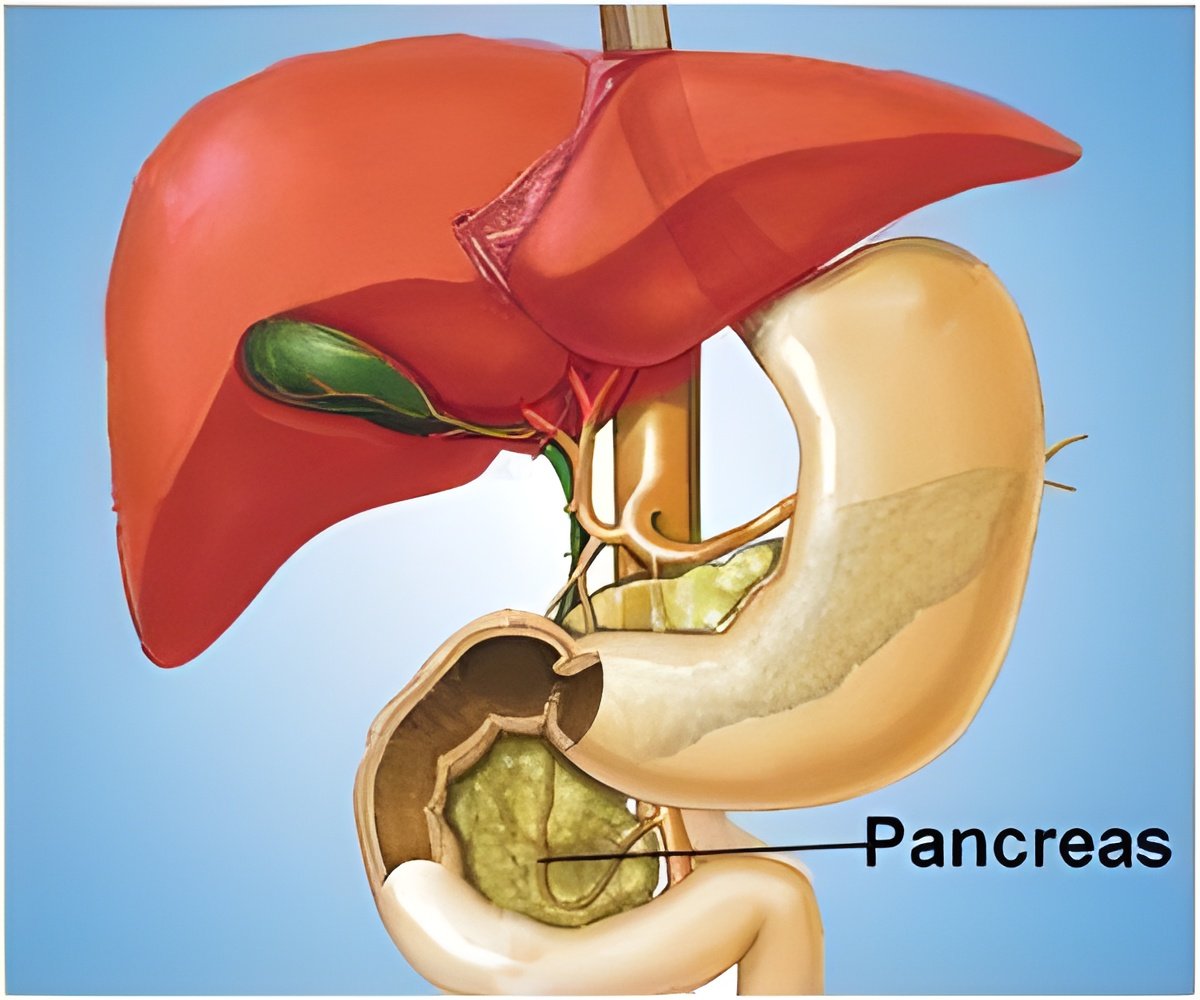It is well-known that pancreatic cancer is a deadly disease, with essentially 100% mortality.

For alcohol, this study shows that heavy drinking (more than 39g a day or three to four drinks) also appears to be associated with earlier diagnosis; previous research from some epidemiologic studies has suggested further that heavy intake of alcohol may be associated with the development of pancreatic cancer.
The present study does not evaluate the etiology of PancCa, as it deals only with cases of the disease and has no normal controls. Instead, it reports the age of onset of PancCa according to exposures to tobacco and alcohol. It concludes that smokers and drinkers, especially heavy drinkers, have the onset of disease at an earlier age than do non-smokers and non-drinkers. Subjects who had stopped smoking or alcohol consumption for more than 10 years had the same age at onset of their cancers as lifetime non-smokers and non-drinkers.
Forum reviewers were concerned, however, about potential bias in regards to the time of diagnosis of such cancer, and about many other limitations of the study. For example, the inability to separate drinkers by the pattern of drinking (binge drinking versus regular, moderate intake), by the socioeconomic status of subjects, and by a lack of information on chronic pancreatitis, a known risk factor, weaken the implications of this paper. Forum members do not think that the results of this study will have a large impact on clinical practice, or on measures for the prevention of pancreatic cancer.
Source-Eurekalert












